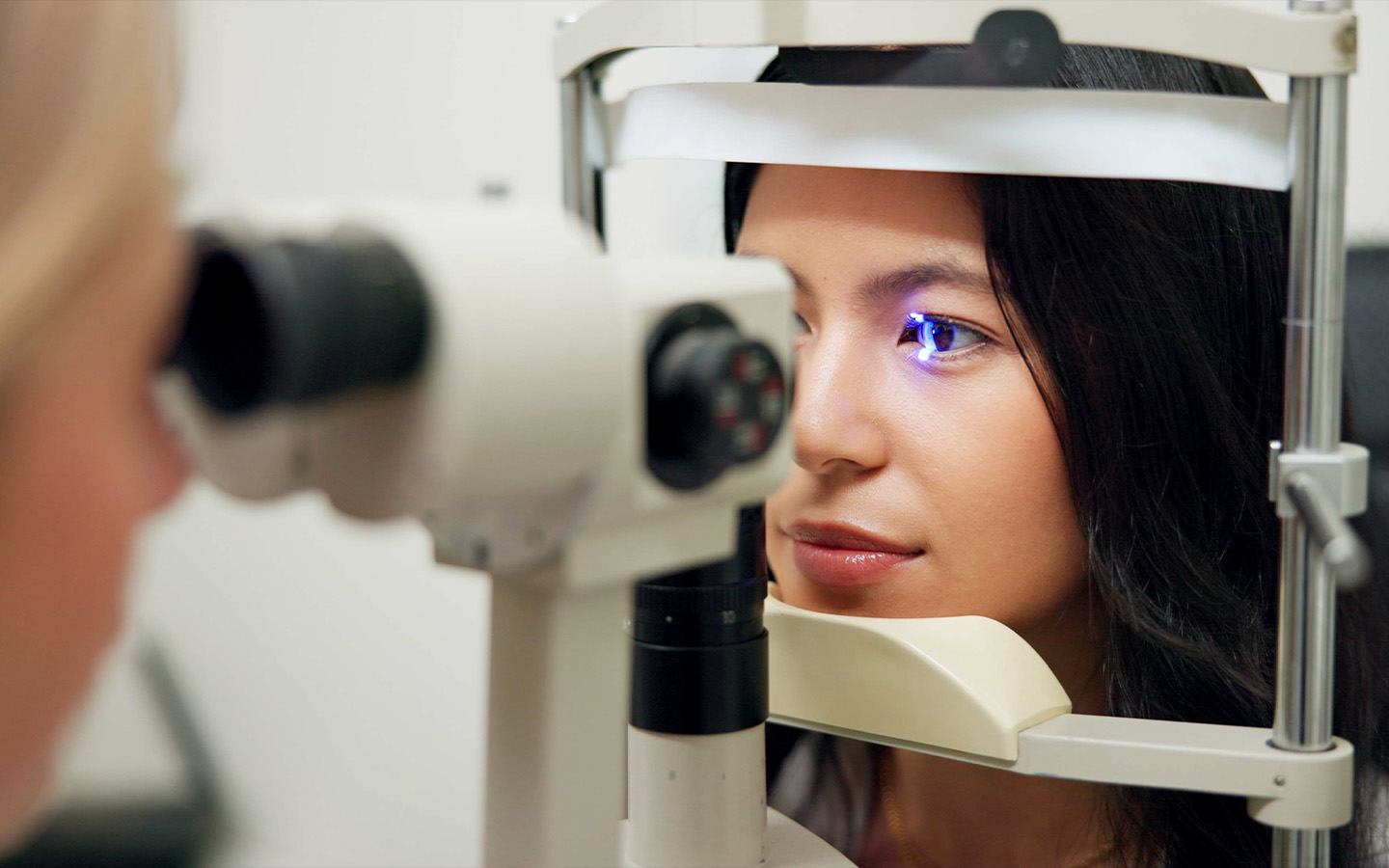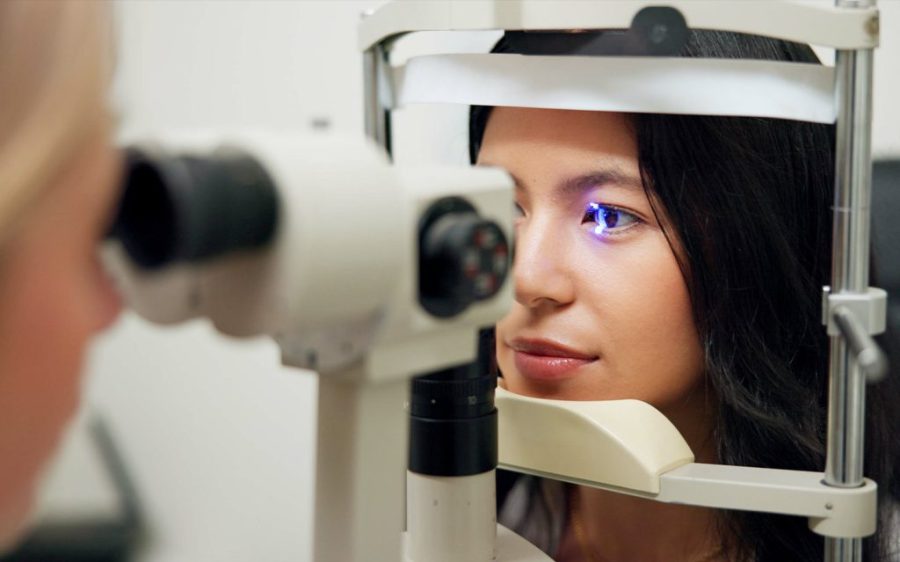Scottish researchers have developed a new AI tool that may offer easy, low-cost diagnosis of dementia before any symptoms appear.
The NeurEYE research team, led by the University of Edinburgh alongside researchers from Glasgow Caledonian University, compiled nearly a million eye scans from opticians across Scotland to create the largest data set of its kind in the world. Using this data, they worked with AI to develop an algorithm that can assess the health of tiny blood vessels in the retina in the back of the eye to spot signs of neurodegenerative diseases, including dementia.
These blood vessels are small and fine, making conditions there visible earlier than in other parts of the body.
“The retina holds a whole wealth of information and is a biological barometer of our brain health,” Baljean Dhillon, NeurEYE co-lead and professor of Clinical Ophthalmology at the University of Edinburgh, told the BBC. With tools like the one developed by the NeurEYE team, the researchers believe clinicians will be able to detect illnesses earlier or even prevent them from occurring with simple, inexpensive tools already available to eye doctors.
[See more: How Macao can better support dementia patients and their caretakers as cases rise]
Dementia affected over 55 million people worldwide in 2020, according to Alzheimer’s Disease International, and that figure is only expected to grow as over 10 million new cases are diagnosed each year. China is among countries seeing the fastest growth in the disease.
Dementia is generally more prevalent in developed countries, where “diseases of affluence” are dominant. Three of them – obesity, hypertension and diabetes – are also risk factors for dementia, according to Alzheimer’s Disease International. Other potential risk factors include depression, infrequent social contact, physical inactivity, excessive alcohol consumption and smoking, in addition to genetic risk factors.
While there is currently no treatment for dementia, the possibility of early detection still offers people the ability to plan and prepare. “Anything that can be put in place early is really, really important,” David Steele, a retired mechanical engineer whose mother has Alzheimer’s, told BBC Scotland News.
The NeurEYE team hope to have a prototype ready later this year with a wider rollout of the technology to opticians in Scotland in 2026.






